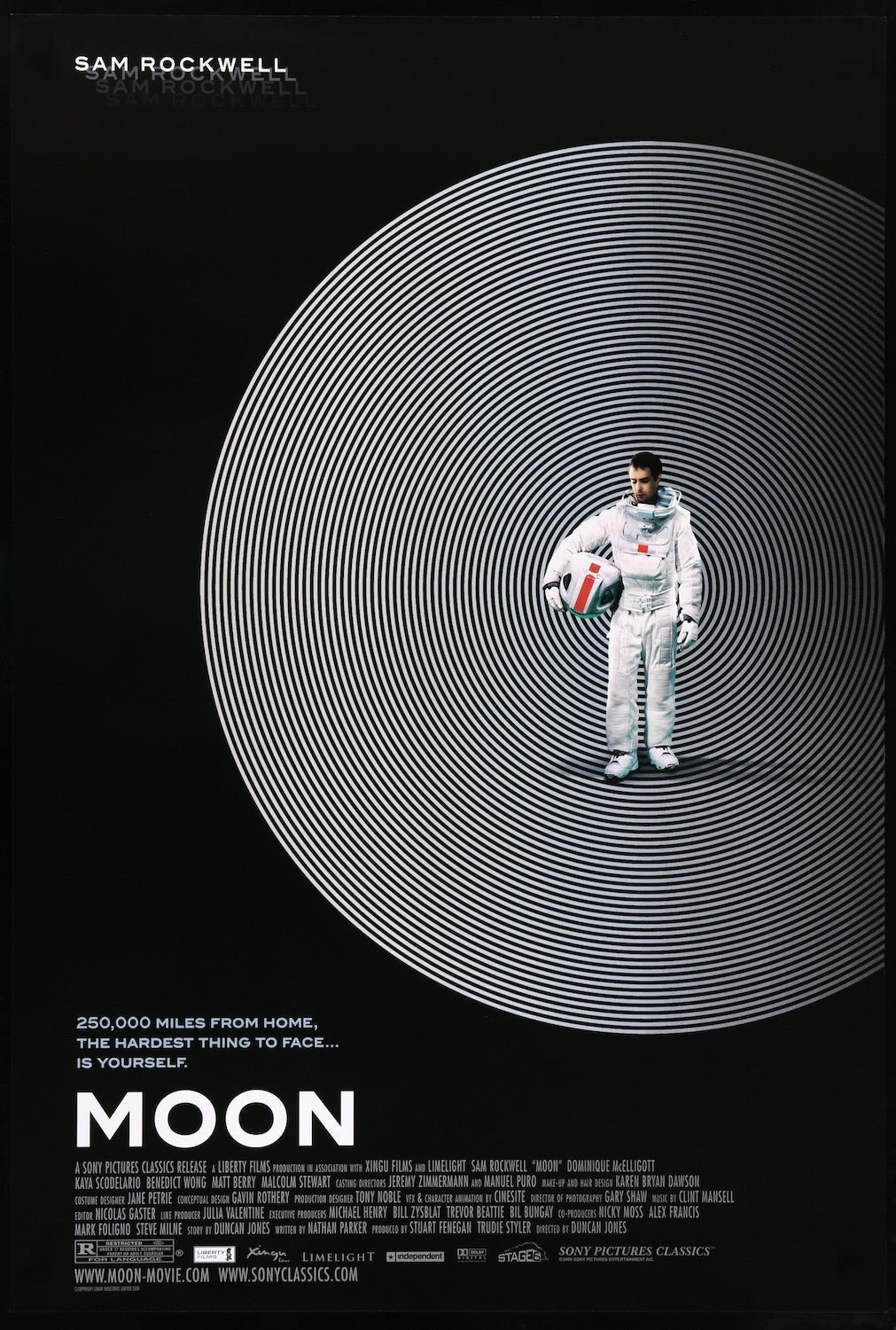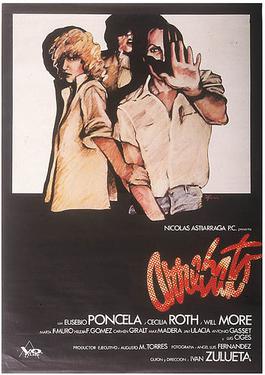
 September 3, 2024
AFRAID
September 3, 2024
AFRAID (Chris Weitz / 2024)
BLINK TWICE (Zoë Kravitz / 2024)
Quite an interesting double-bill, this one!
First off,
Afraid is the latest in a long line of thrillers about the dangers posed by computer technology, robots and/or artificial intelligence. This one is a weird mixture of the obvious and the subtle. First off, the dialogue is
very on-the-nose and really overdoes the thematic signposting. But it's also got its share of subtle and intelligent pleasures. The idea of an AI entity as a kind of overprotective surrogate "helicopter" parent is certainly an amusing one, but one that turns deadly serious when the teenage daughter is slut-shamed online by her jerky ex-boyfriend. The slo-mo execution of the scene where the daughter has to face her peers at school after AIA (the entity's name) sets her record straight online is really quite deftly handled, the daughter slowly walking towards the other kids, worrying about their ambivalent and possibly judgmental faces, then being warmly and sympathetically embraced while the other kids are finding about the actions of the ex-boyfriend from AIA on their phones, including the ex who's got this expression on his face like
"Oh my God, I am so f****ed!" (And if you're guessing that this guy will be made to check out of the story early by AIA, you're
not wrong.) And I must say, the movie makes rather astute points about human behavior and how so much of what motivates our actions involves some form of blackmail or coercion, which creepy, meddlesome little AIA manages to tap into with frightening ease.
Sooooooo... overall, I'd have to say it's not the greatest thriller about the dangers of AI, but certainly not the worst. (I have to say that it
kind of reminds me of
The Matrix Revolutions in that it ends not with the AI's destruction but in a kind of détente or rapprochement, since technological evolution and growth is inevitable and omnipresent anyway.)
Now,
Blink Twice was a whole 'nother kettle of fish entirely. I really dug
this one. The directorial debut of actress Zoë Kravitz (daughter of rock singer Lenny), this is one of those movies that actually really makes a person grateful for:
A) not being rich, or
B) not having any rich friends. A very potent mixture of social satire, comedy of manners, and out-and-out revenge horror thriller, I felt a great deal of pleasure in not having any idea what was coming next and getting a great deal of bloody satisfaction out of what
did come. A total, full-on, brutally savage takedown of modern-day Cinderella romantic fantasies about being swept off one's feet by a handsome stranger and spirited off to some private getaway,
Blink Twice actually has a great deal to say about gender relations, male entitlement, rape culture, forgiveness, forgetting,
and the extent to which people are willing to both put themselves in dangerous situations and tolerate so many things which they may in theory find completely unacceptable. (It's rather fortuitous that I saw this in a theater on the same day as the admittedly lesser
Afraid, since both films are very much concerned - albeit in different ways - with the more coercive factors which tend to govern human behavior.) Our story deals with a young working woman named Frida (Naomi Ackie), who along with her friend Jess (Alia Shawkat) get invited to the private island of a handsome young billionaire tech mogul named Slater King (Channing Tatum), who's recently resigned from the position of company CEO under a cloud and after making a profuse public apology for unspecified offenses. Once they arrive at the island resort, they're met by King's friends (including a guy with a missing finger played by Christian Slater) and by several other female guests, among them King's assistant Stacy (Geena Davis) who confiscates everybody's phones and a reality TV star named Sarah (Adria Arjona). For several days, a great deal of carefree partying, swimming, gourmet eating, drinking, drugging and playfully inane conversation takes place. But not all is well. First of all, Frida is confronted by a mysterious maid (María Elena Olivares) who seems to know her. Secondly, during one night of partying, Jess is bitten by a snake. Its venom is non-lethal, but then Jess starts experiencing misgivings and fear about the whole experience and expresses a strong desire to go home. As events play out over the course of this island visit, the movie's editing gradually becomes more and more fragmented and seemingly random, suggestive of incomplete memory or possible blackout states. But Frida's memories become jarred and jostled after the maid gives her a drink which turns out to be...
To tell more would be unfair, and I think at this point an educated, intelligent person could
probably give a reasonably good guess as to what's
really going on and what the true purpose of the island is. We
do live in the age of Jeffrey Epstein and of seemingly compulsorily bad behavior on the part of society's well-to-do. If I have
one reservation about
Blink Twice, it's regarding the movie's final scene, which sort of takes us out of the realm of the realistic thriller and into the realm of satirical sex-war parable. It feels perhaps unduly, inappropriately comedic after everything we've seen happen in the rest of the movie. This humorous ending - albeit blackly so - feels almost
too lightweight for a movie concerned with such real-world stakes. But I must admit that this is my
only reservation. I wouldn't even call it overly
negative so much as reflecting a minor inconsistency in tone.
I remember
waaaaaaayyy back in the early '90s, I once read a book about the band Nirvana and the alternative-rock scene, and its author made a rather bold claim. For her, the runaway success of Nirvana's
Nevermind album was evidence that Republican candidate George Bush (Sr.) would
not win the 1992 presidential election and would ultimately lose to Bill Clinton. (Supremely ironic given Clinton's
own bad behavior and alleged improprieties.) OK, you might find a statement like that to be a spurious correlation at best. But I think there's a grain of truth to the idea that our tastes in music and movies, at any one given time, are sort of a barometer the helps assess where the public's attitudes and mindset are at. As the credits rolled on
Blink Twice and the lights went up, I had this
really strange - albeit pleasant - feeling in my gut, which told me that if
Blink Twice proved to be a big enough hit at the box office, that would be proof that Donald Trump would ultimately lose the 2024 election and that Kamala Harris would win! Yeah, sure, call BS on that one if you wish - and I don't wish to outright offend anybody else whose politcal beliefs happen to differ from mine - and it's perfectly possible that I
could be dead wrong. Like I said, it's just a weird feeling...



















